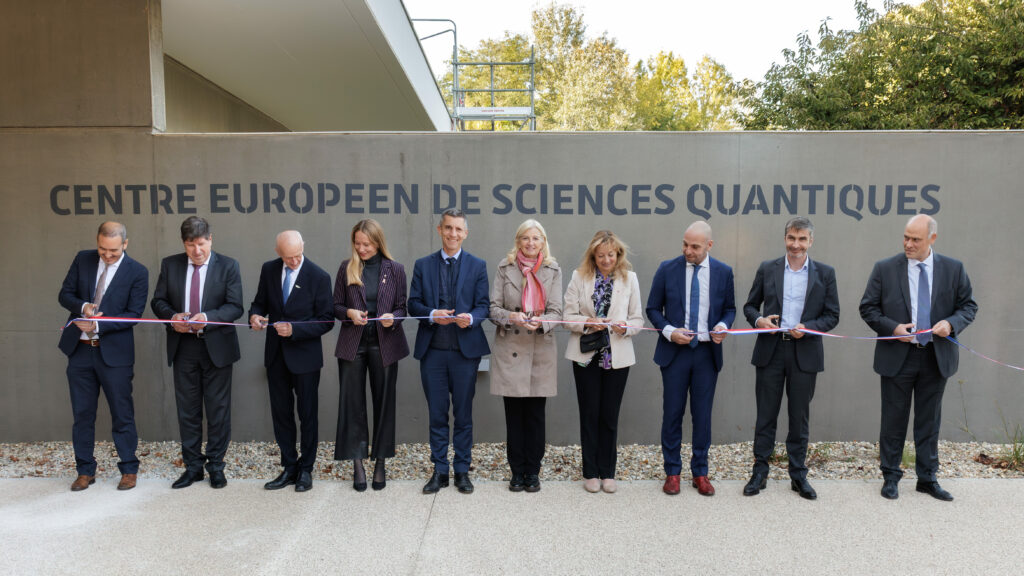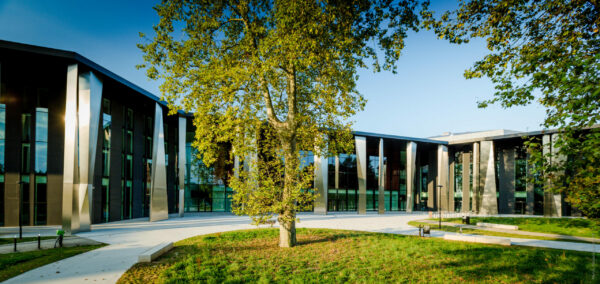
The European Center for Quantum Sciences (CESQ) at the University of Strasbourg and CNRS has launched the UpQuantVal project, aiming to establish the Upper Rhine Valley as a leading center for quantum sciences and technologies.

Founded in 2022 and affiliated with the Institute of Supramolecular Science and Engineering (ISIS) in Strasbourg, CESQ comprises a team of around forty researchers and doctoral students from various disciplines, including physics, chemistry, materials science, photonics, and computer science. Their work focuses on developing new materials, compounds, chemical processes, and innovations in quantum information.
CESQ is dedicated to advancing fundamental research in quantum sciences while also fostering collaboration between academia and industry. A notable partnership with BASF, a global chemical giant, has resulted in the creation of the AQCESS quantum simulator, which enables the simulation and testing of molecular properties.
A collaborative network of researchers and industry experts
The UpQuantVal project was initiated through a consortium of Swiss, German, and French partners under the European Interreg Upper Rhine program, which promotes and funds European cooperation. The project brings together 16 research and industry entities, including the universities of Strasbourg and Freiburg, CNRS, INSA Strasbourg, and the Karlsruhe Institute of Technology.
UpQuantVal encompasses the entire value chain: higher education, fundamental research, applied research, and industrial applications. The goal is to make quantum sciences accessible beyond laboratories and encourage companies to explore practical applications.
The outcomes of this project will provide regional economic actors with access to a comprehensive specialized database created by university and research partners. Additionally, cross-border training activities are organized to support this initiative.
This enhanced cross-border cooperation solidifies the Upper Rhine region as a hub of innovation, competitiveness, and attractiveness at the European level. Ultimately, this will contribute to the growth of skills and the availability of qualified labor, leading to the creation of new jobs.

